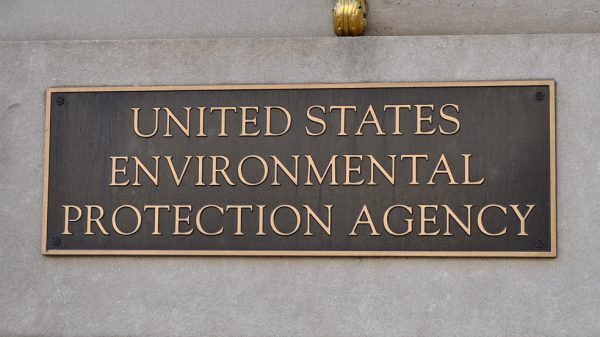Global Surge in Mass Die-Offs Among Farmed Salmon Raises Concerns
In the last decade, researchers have revealed that hundreds of millions of farmed salmon have faced mass die-offs, occurring more frequently and on a larger scale than ever. The surge in these large-scale mortalities is attributed to warmer seas and an increased reliance on technology, as highlighted in a global assessment examining salmon deaths in leading producers such as Norway, the UK, and Canada.
The evolution of salmon farming, which began commercially in Norwegian cages in the 1960s, has expanded globally, with approximately 70% of the world’s consumed salmon originating from farms. However, the aquaculture industry has been fraught with controversy, encompassing concerns about diseases among the fish, escapes to the wild, and the environmental consequences of raising them in confined conditions.
Major mortality events involving the abrupt deaths of millions of fish are well-documented, often linked to disease outbreaks and, increasingly, to warmer seas resulting from climate change. In Scotland last year, government data reported over 17 million salmon deaths, a record high attributed to rising ocean temperatures. Norway faced a similar crisis, with nearly 17% of their farmed fish dying suddenly in 2023.
Researchers analyzed data from countries responsible for 92% of global farmed salmon production over the past decade to comprehend these alarming statistics. Their findings indicate 865 million premature deaths among farmed salmon during this period. The frequency and scale of these die-offs have shown an upward trajectory in Norway, Canada, and the UK.
While climate change plays a role, the researchers emphasize the significant impact of technology adoption, such as underwater cameras and AI, contributing to riskier conditions and larger fish populations exposed to mortality-inducing factors. Remote, real-time monitoring of fish farms, touted for justifying placements in offshore sites, introduces a paradox—being further offshore heightens threats and reduces early detection, escalating risks for the fish.
Campaigners against salmon farming view the study as alarming, underscoring the role of human decisions alongside warmer oceans in the distress faced by the fish. Mortality represents one of several welfare concerns for farmed salmon, including sea lice infestations, diseases, stressful handling, and monotonous lives in crowded cages. The industry’s apparent reluctance to reform prompts questions about the compatibility of salmon farming with a compassionate and sustainable food system.
Experts question the industry’s ability to survive increasing mass die-offs in significant production centers. While global aquaculture might persist, the study suggests that local impacts, particularly on the welfare of coastal communities and workers, could be considerable. Though unlikely to counter global food production, the events may impose substantial local effects, emphasizing the need for a balanced and sustainable approach to salmon farming.






























Comment Template